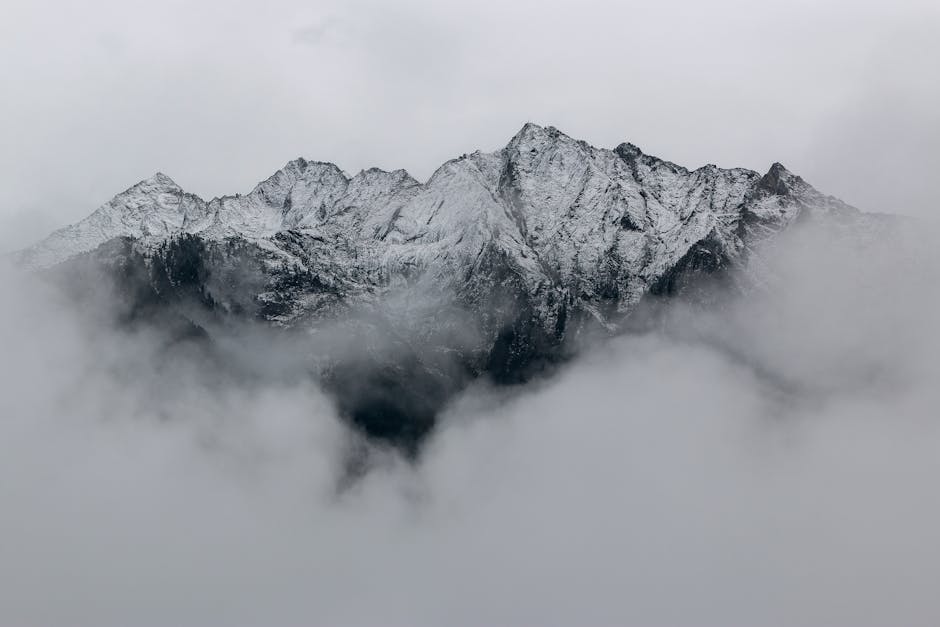
Article Images
 (Main image)
(Main image)

Excerpt
As Indonesia nears its 80th Independence Day, President Prabowo Subianto’s unity plan—marked by pardons and promises—sparks hope and skepticism. Can his vision strengthen democracy, or will it deepen divisions in a nation where youth wield pop culture as protest and geopolitical shifts loom large?
Introduction
In Jakarta’s streets, a curious symbol waves amid protests: the Straw Hat Pirates’ flag from One Piece, a defiant emblem of youth challenging the status quo. As Indonesia approaches its 80th Independence Day on August 17, 2025, President Prabowo Subianto’s leadership is under scrutiny. His recent pardons of political rivals and over 1,000 prisoners signal a “unity plan,” but questions linger: Is this a step toward reconciliation or a strategic play to cement power? This blog explores Indonesia’s political pulse, from democratic tensions to cultural rebellion, asking what lies ahead for the world’s third-largest democracy.
The Unity Plan: Reconciliation or Realpolitik?
On July 31, 2025, Prabowo granted clemency to former trade minister Thomas Lembong and PDI-P stalwart Hasto Kristiyanto, alongside amnesty for over 1,000 others. Framed as a gesture of national reconciliation, the move coincided with preparations for Independence Day, a time of symbolic unity. Supporters see it as a bold step to heal post-election rifts, especially with the influential PDI-P, the only major party outside Prabowo’s coalition. Yet critics argue it undermines anti-corruption efforts, noting these are the first pardons for graft convicts in Indonesia’s history.
Why pardon rivals now? Some suggest Prabowo aims to neutralize opposition, particularly from PDI-P’s Megawati Soekarnoputri, who has withheld public support. Others see it as a bid to distance himself from Jokowi’s legacy of patronage and electoral overreach. The public’s divided—social media posts on X praise the move as peace-building, while others call it “a win for corruptors.” Reflecting on Indonesia’s post-Suharto era, where amnesties often followed regime changes, how do these pardons reshape trust in governance?
Democracy at a Crossroads
Prabowo’s vision of a “polite democracy” has sparked debate. In his October 2024 inauguration, he emphasized a uniquely Indonesian democracy, rooted in cultural harmony over Western-style dissent. Yet protests, from #EmergencyAlert to #DarkIndonesia, challenge this vision, decrying policies like military expansions and free meal programs as erosions of civic space. The recent amendment to the National Military Law, passed despite widespread demonstrations, raises fears of militarization, echoing Prabowo’s past as a Suharto-era general.
What does democracy mean when dissent is labeled “impolite”? Protesters argue that transparency and public participation are non-negotiable, framing their anger as a democratic right. With trust in institutions waning globally, Indonesia’s experience mirrors broader trends. How can a democracy balance unity with the messy, vital role of opposition? The answer may lie in the streets, where citizens demand accountability beyond elections.
Youth, Culture, and Global Stakes
Amid political shifts, Indonesia’s youth are redefining expression. The One Piece flag at protests symbolizes a fusion of pop culture and dissent, reflecting frustration with policies like military budget hikes or creative industry constraints. Why anime? It’s a universal language for a generation navigating economic disparities and environmental challenges, from nickel mining controversies to urban inequality.
Geopolitically, Prabowo’s military focus signals assertiveness, perhaps in response to regional tensions or trade uncertainties, like potential US tariffs. This dual dance—domestic unity and global positioning—raises questions: Can Indonesia strengthen its sovereignty without sacrificing democratic openness? Youth, wielding both hashtags and pirate flags, may hold the key to balancing these forces.
Conclusion: A Nation’s Reflection
As Indonesia celebrates 80 years of independence, Prabowo’s presidency stands at a crossroads. His unity plan offers hope but risks entrenching power. Protests and pop culture reveal a vibrant civil society unwilling to be silenced. Can Indonesia forge a democracy that honors its diversity while addressing economic and environmental justice? The answer depends on citizens—young and old—demanding a voice. What will you contribute to this evolving story?

